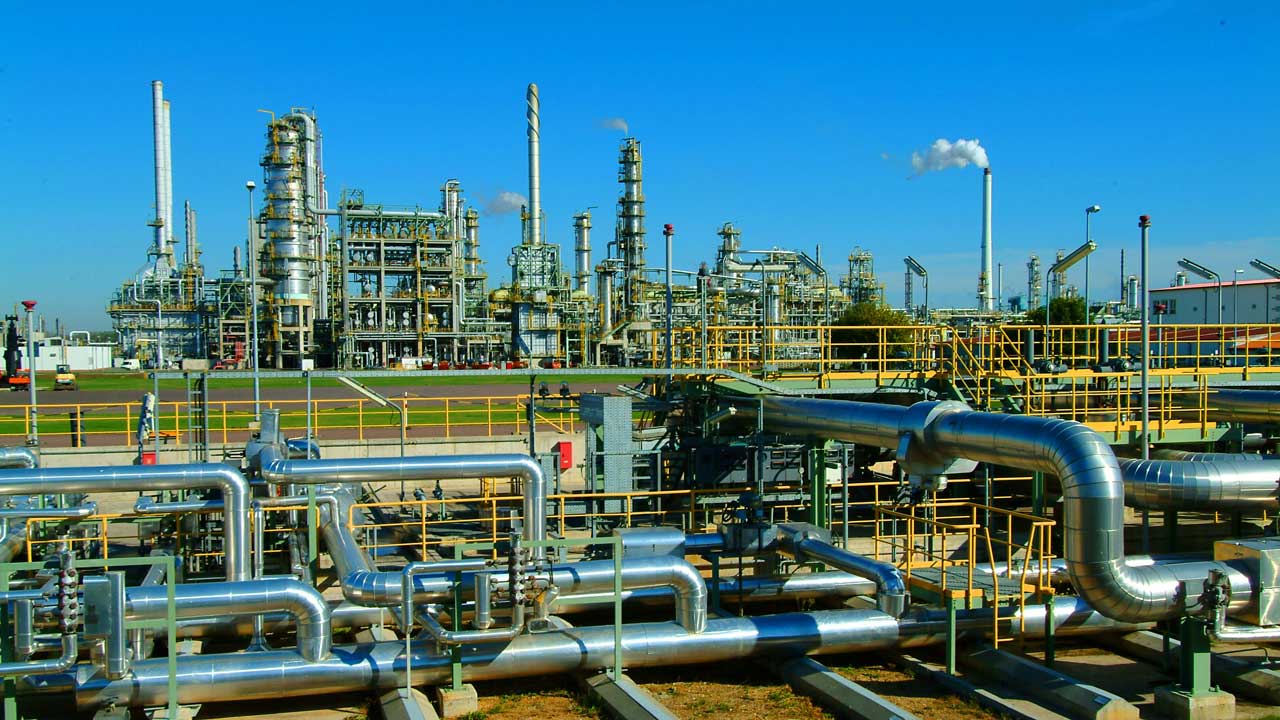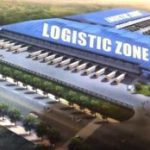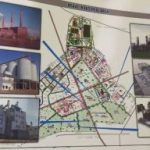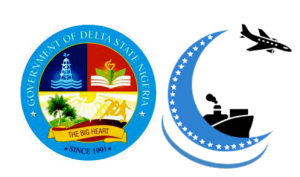
Benefits Of Investing In Kwale Free Trade Zone
History
Kwale is located in the Delta North Constituency and the most populous town of all the Ndokwa/Ukwuani speaking towns in Delta State, Nigeria. It is also the Headquarters of the Ndokwa West LGA. Kwale has always been the commercial hub of the Ndokwa/Ukwuani people in Delta North. It is a gateway from Delta North to the South as well as a link from the South-East region to the South-South and a pivotal link road in the popular East-West Road. Kwale is also likened to an oil city considering the Marginal field and a host of oil and gas companies it hosts. Its neighboring communities also link their gas flow facilities through it, i.e. Ebedei, Ebendo, Umusadege though the pipeline running through the Aboh river and Ase Creeks.
Kwale has a very rich cultural heritage which has been arguably traced to both the Benin Empire of the South-South and the Ibo tribe of the South-East. The notable rivers in the region include the river Niger, river Ethiope, Adofi, Umu, Aboh River and the Ase Creek. The traditional head is called the Okpala-uku, while the next in position is the Ikpala followed by the inotus who advise and carry out the wishes of the council.
Kwale has always played an important role administratively. It was the headquarters of the 1952 Aboh Division created by the colonial masters and has consistently remained a LGA headquarters across the times till date. This buttresses its importance to the administration of the State and in Nigeria. Some notable trades and engagement of the Kwale People besides oil and gas include Farming, Artwork, Metalworks, entertainment and Trade.
Location Benefits
The Kwale FTZ has OB3 (Obiafu-Obrikom-Oben) gas pipeline, with the combination of nearby marginal fields (flow station) and access to other gas sources via the OB3. The concepts of the zone (formerly Kwale Industrial Park) was originally designed as a gas-based Park, an energy hub designed to provide the highest level of reliability in supply of gas and power than anywhere else in Nigeria and deliver at a cost expected to be cheaper than any competing zones or region.
The hub which consist of 4 layers of gas supply e.g. the primary supply which is from the nearby marginal fields and LNG base load (flow station). The secondary supply for back-up includes the LNG storage and interruptible gas supply via the OB3 pipeline. The primary supply sources include the Xenergie’s Gas Processing Plant, Ebendo-Energia gas flow station, Chorus, Midwestern, Pillar, Agip flow station (Kwale-Okwai) etc. Many of the fields contains significant high volume associated and non-associated gas reserves. The primary flow stations have the capacity ranging from 40-300 MMscf g/d.
A significant portion of Nigeria’s gas reserves (about 30%) is located within Delta State. Currently, about 1060 MMscf g/d of Nigeria’s 1800 MMscf g/d daily production is from field located within Delta State. That represents about 60%.
The gas distribution channels were categorized into A, B & C.
Category A: The Heavy Industrial Users. These are users with High Energy Intensive such as the Methanol industries, Petrochemicals, Fertilizers Companies, Steel & Metal etc. Their gas requirement ranges from 60 -120 MMscf g/d for daily needs.
Category B: The Medium Industrial Users. They are also Energy Intensive users such as Ceramic industries, Cement Glass, Steels & Aluminum etc. Their gas requirement ranges from 5 – 20 MMscf g/d.
Category C: The Light Industrial Users fall under this category. Their gas requirement is relatively small compared to High Energy & Energy Intensive users. It ranges from 0.2 – 5MMscf g/d. The location of Kwale FTZ is ideally suited to being a hub for supply of energy to the state and its environs. The two airports (Asaba and Warri) is about 100km from Kwale FTZ and have direct connecting flights to Lagos & Abuja from where all the international connections take place. We also have the Port Harcourt & Enugu airport about 200km away from the zone; within the state we have Warri, Koko and Burutu ports, that will serve as a means of transporting cargo goods when they are fully operational.
Likely raw materials/solid minerals found in the region includes petroleum, natural gas, crude oil, glass sand, gravel, kaolin, ball clay, laterite etc.
Sectors
- Delta Special Agro-Industrial Zone(SAPZ) covering 200 hectares
- Kwale Industrial Park(KIP) covering 150 hectares
- Unallocated zones covering approximatel 660 hectares which is reserved for other potential investors.
Layout/Maps


